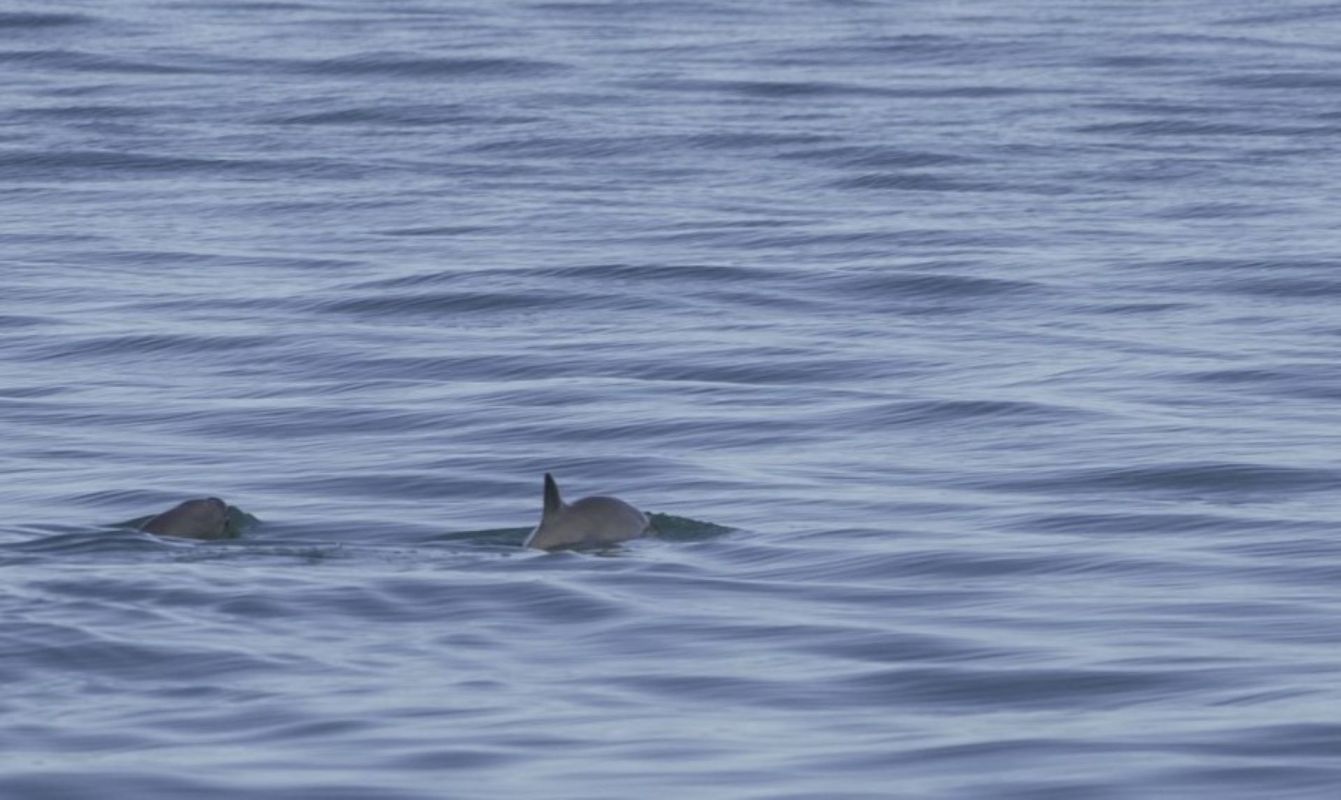The world's tiniest marine mammal is making a big splash, and for good reason.
The Guardian has recently reported on a startling trend that is leading to action in species conservation.
What's happening?
For the first time in its history, the International Whaling Commission issued an "extinction alert" to show the danger the vaquita — a small porpoise and the world's smallest marine mammal at only about 5 feet long and 120 pounds — faces.
The vaquita is only found in the Gulf of California in Mexico, and a recent study revealed that there are only about 10 of them left. This figure is down from a population of 567 just a decade ago.
Its decline is due to illegal fishing nets used by poachers called "gillnets" that entangle and kill them.
Gillnets were made illegal in the region because of the devastation they cause to populations that are not their intended target, but fishermen continue to use them, the Guardian reported.
In a news release, the scientific committee that led the IWC report said: "The extinction of the vaquita is inevitable unless 100% of gillnets are substituted immediately with alternative fishing gears that protect the vaquita and the livelihoods of fishers. If this doesn't happen now, it will be too late."
Dr. Lindsay Porter, the vice chair of the IWC's scientific committee, told the Guardian: "We wanted, with the extinction alert, to send the message to a wider audience and for everyone to understand how serious this is."
Why is this 'extinction alert' critical?
The alert brings the issue of the vaquita population decline and the disconcerting reason behind it to a larger audience, but it also points to a more significant problem.
Saving the vaquita from extinction is crucial not only for the species itself, but also for the planet as a whole.
An ecosystem's biodiversity allows it and the people who rely on it to survive. The "disappearance of one species can have a far-reaching impact on the food chain," as a news article by the European Parliament stated.
Stopping the vaquita's decline now is especially crucial while it has a fighting chance at a comeback.
"There is at least one brand new baby vaquita," Porter told the Guardian. "They haven't stopped breeding. If we can take away this one pressure [gillnets], the population may recover. We can't stop now."
What's being done to protect the vaquita?
In 2022, government agencies collaborated with the Mexican navy, the Guardian reported. They put concrete blocks in an area known as the zero-tolerance area and increased enforcement to deter illegal gillnet fishing and protect the vaquita.
The IWC committee said the effect of the deterrent looked promising but would need monitoring to remain effective.
Join our free newsletter for cool news and cool tips that make it easy to help yourself while helping the planet.









